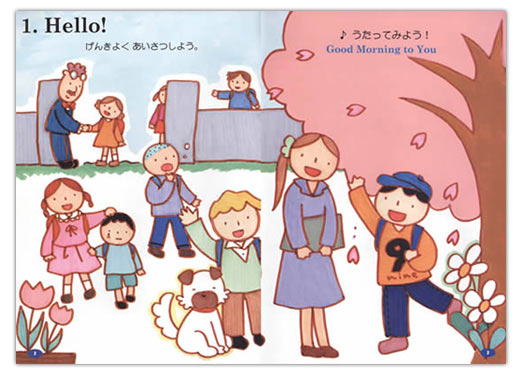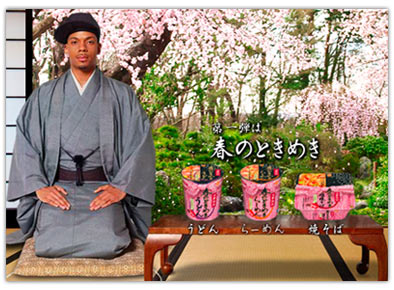“How are you?” If you’ve ever taught English as a Second Language in Japan then you know the correct answer to this question is, “Fine, thanks, and you?” One interesting aspect of the Japanese is how they treat language as if it were a science not unlike mathematics, and obsess over whether an answer is “correct” or not. Although there are many ways to answer an open-ended question like “How are you?” — happy, tired, thirsty, looking forward to getting home — it’s usually expected that teachers will reinforce the phrases the students are learning without confusing them too much. When my son was studying for his “Eiken” English test, it got to the point where he’d ask his Japanese mother to help him rather than me since she had an innate sense of how to understand each question, whereas I would offer multiple answers to each problem, explaining various ways to go about each answer, which isn’t what he wanted.

Teaching ESL in Japan means striking a balance between “real” and ESL English.















